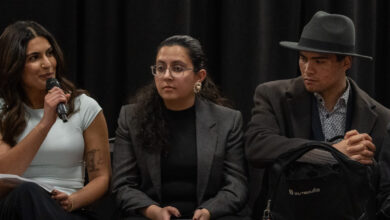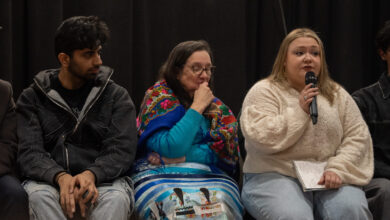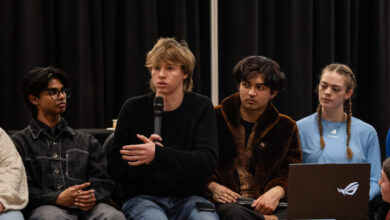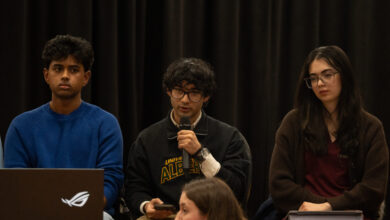#BLM critique shouldn’t be silenced
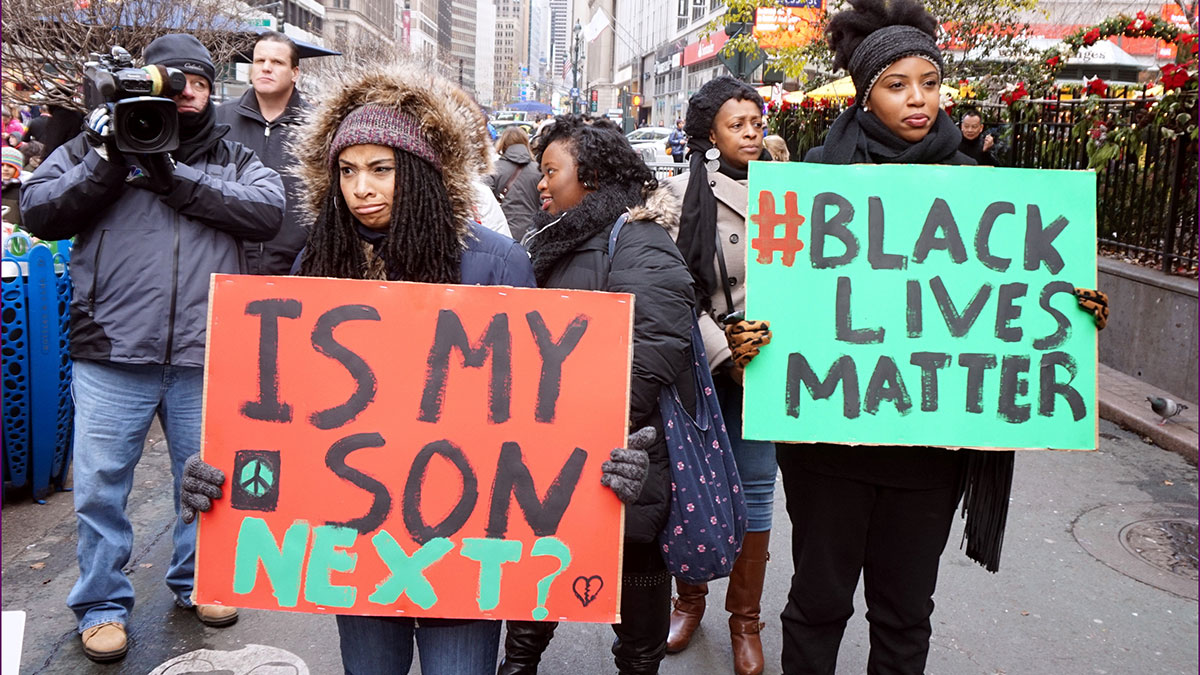 Supplied – All Nite Images
Supplied – All Nite ImagesIn early September, a conservative student at Connecticut’s largely liberal Wesleyan University wrote an op-ed in The Wesleyan Argus criticizing the Black Lives Matter movement. In his article, Bryan Stascavage says that the movement is responsible for inspiring extremist violence against police by fringe members of the movement. Stascavage challenges the movement in its relationship with officers and asks “At what point will Black Lives Matter go back to the drawing table and rethink how they are approaching the problem?”
Stascavage’s article went relatively unknown as most student articles do, until it suddenly garnered national attention via social media. A boycott of the student newspaper was quickly announced with a petition claiming that the paper was failing to “provide a safe space for the voices of students of color.” In response to the article, outraged students discarded copies of the Argus and threatened to take action to remove the paper’s funding.
There is a larger issue of shutting down dissenting voices in today’s culture if they don’t follow the status quo. This millennial phenomenon has made universities “safe spaces” where students are expected to follow the given script of what to think, do, and especially say. Speech policing is ironically what many social justice pundits advocate against but is exactly what is carried out when student voices like Bryan Stascavage’s get silenced. If you don’t follow the popular opinion, the repercussions are sweeping.
Stascavage made the decision to publish his thoughts. In a class, he would have encountered opposition from his peers but now his opinions are wrongly pinned on a 147-year-old student newspaper. What people fail to understand is that the only person responsible for the opinions in the piece, be they blasphemous or bigoted, is Stascavage. The role of the student newspaper is to print and edit student voices regardless of how much they follow the PC rulebook of do’s and don’ts.
The paper makes editorial decisions about what to print and what not to, and some ideas are widely accepted as detrimental and unproductive. If a student brought forward a piece that blamed Jewish people for America’s recession, it would be turned down because such an idea is ridiculous and hurtful. In his article, Stascavage clearly acknowledges the racism that many African Americans face with police brutality, and he is simply critical of how the larger movement of Black Lives Matter has handled this violence.
We’ve grown to hate ideas that don’t correspond with our own. Organizations shouldn’t be labelled by a few radical members and university thought shouldn’t be dictated by the politically correct.

